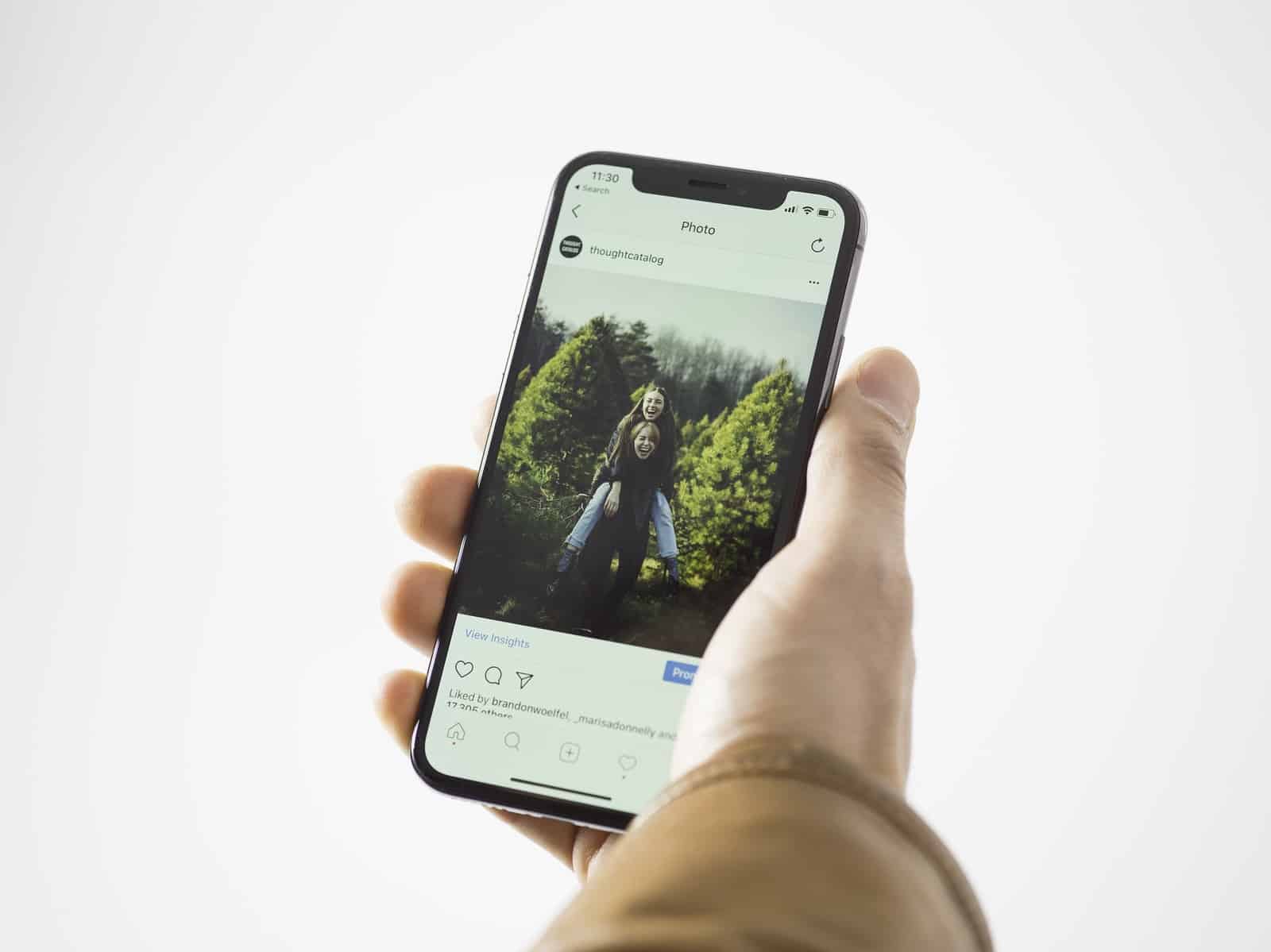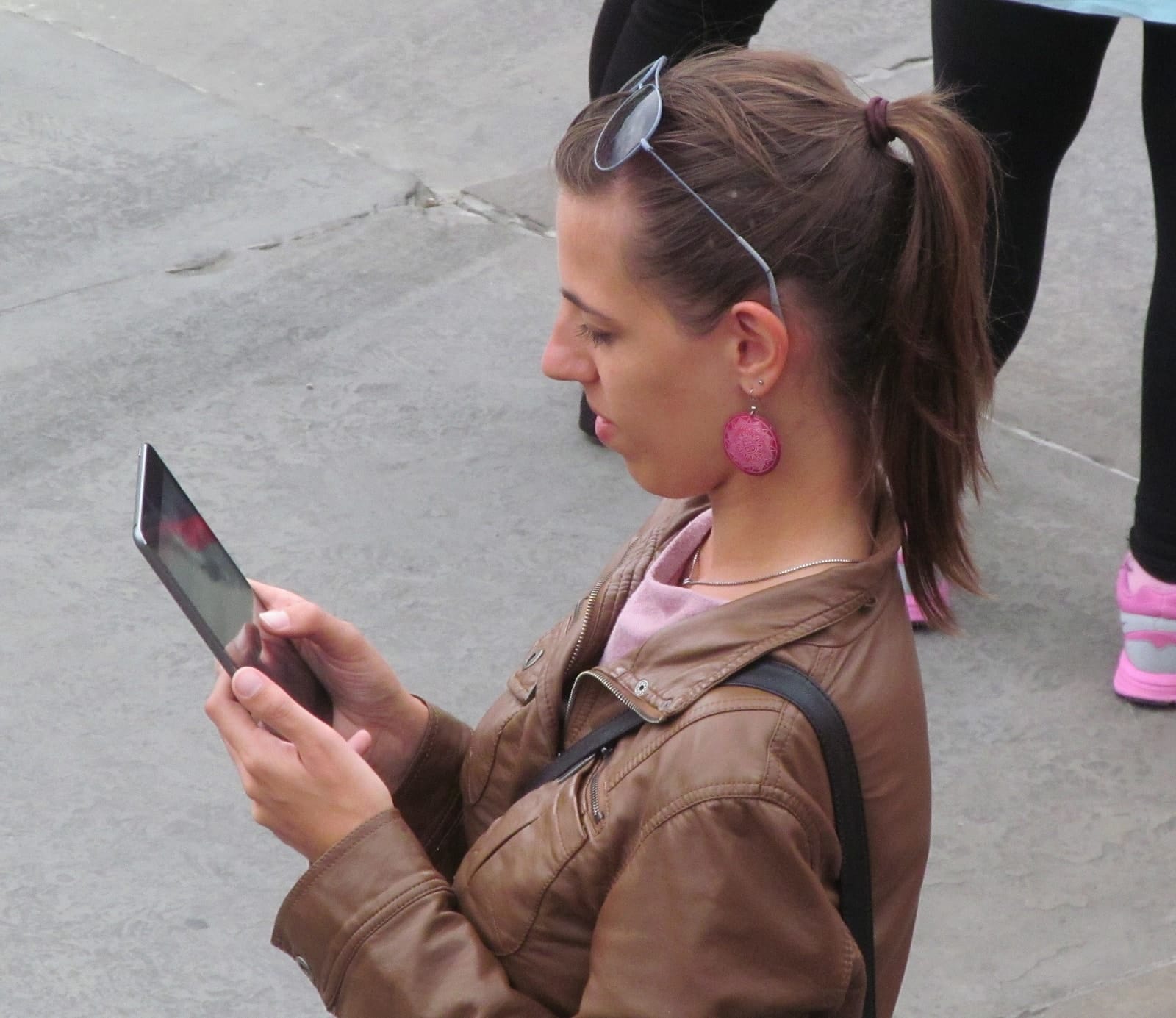You Give Up a Lot of Rights When You Post Works on Social Media, New Ruling Says

An interesting copyright ruling crossed my desk today. I don’t think it has been explained very well, so I would like to explain what it means for the average user.
According to The Hollywood Reporter:
When it comes to appropriating images found online, the situation is understandably confusing. If an individual posts something on social media, does that give someone else the right to use it in a different forum? Most lawyers would likely answer, "Not so fast," and yet on Monday came a suggestive ruling perhaps otherwise from a New York federal court.
The plaintiff in the case is Stephanie Sinclair, a professional photographer known for exploring gender and human rights issues around the world. Her work has been featured in The New York Times, Time magazine and National Geographic. She uploaded one of her photographs — an image of a mother and child in Guatemala — to Instagram. Later, the news site Mashable contacted her because it wanted to reuse the image for a story on female photographers. Mashable offered $50. Sinclair declined. Mashable used the image anyway by embedding her Instagram post in its story. Sinclair claimed copyright infringement.
You can find the ruling over on THR’s website, and you can see the original Mashable post in the Wayback Machine.
Sinclair lost the case in a ruling that can be summed up pretty simply. In the view of the judge:
- The copyright holder uploaded an image to Instagram, granting IG permission to post the photo, and
- Instagram has as part of its platform an option to embed posts on other websites, so
- when someone uses that embed feature, they are doing so with the implied permission of the copyright holder.
That makes a lot of sense, and it fits with existing copyright rulings. What’s even better is that it doesn’t conflict with a related ruling from two years ago where a number of media orgs lost a suit over embedding a photo. (The photo they embedded was uploaded to Twitter without the permission of the copyright holder, so it was in fact pirated before the media orgs shared it.)
Also, this decision sidesteps the really stupid "server test" that had started to creep into copyright rulings.
Now, I am sure there are many who are unhappy with this ruling, but I see this as an example of how users need more control so that we can say whether our work can be used elsewhere.
Some platforms already give you that control; Youtube, for example, lets you disable the embed feature on a per-video basis.
It would be great if more platforms gave us similar options, don’t you agree?
image by stockcatalog via Flickr



Comments
Allen F April 16, 2020 um 10:20 am
Saw this years ago when someone who offers 3D outfits requested that their stuff never be used on a site called 'Second Life' – because the site’s 'terms of service' said 'anything posted now belongs to us and we can therefor resell it' …
Roland Denzel April 20, 2020 um 2:55 pm
At first glance people might take this to mean you’re free to embed any IG image you want, but it still (apparently) must be the IG post of the owner of the image or an image that’s been released of copyright by the owner. (Re)poster beware.
Nate Hoffelder April 21, 2020 um 10:12 am
I was thinking that as well, which is why I mentioned the rights holder several times.
Roland Denzel April 20, 2020 um 2:56 pm
I’d be interested to know which sites have the embed feature. I know Twitter, Instragram, and Facebook have elements of embedding built in.